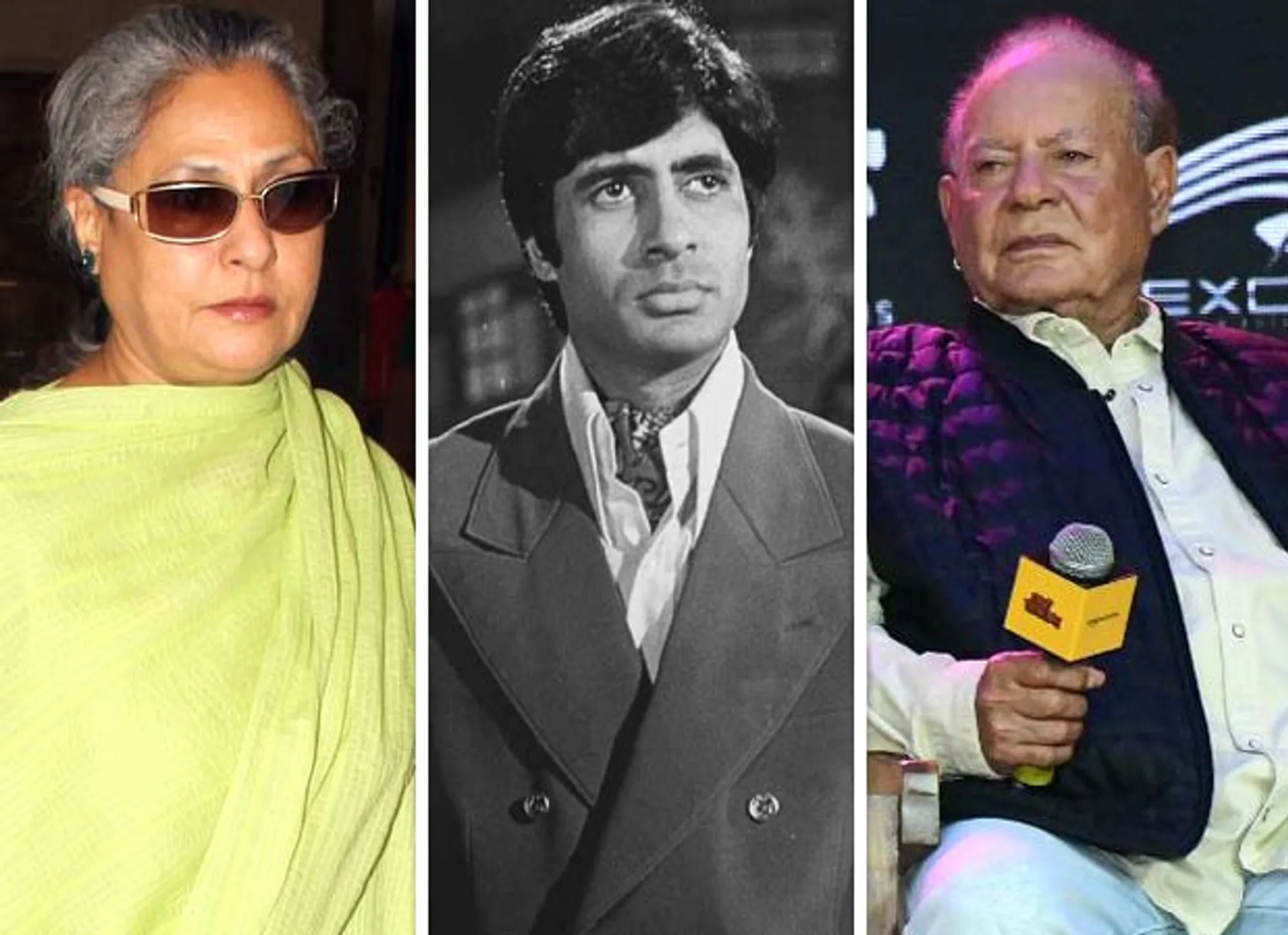

The documentary "Angry Young Men" on Amazon Prime Video delves into the careers of Salim Khan and Javed Akhtar, known as Salim-Javed, and their impact on Indian cinema, particularly through the film "Zanjeer" (1973). Jaya Bachchan's reluctance to join the male-centric film, the writers' bold move to credit themselves on the film posters, and the challenges they faced are highlighted.


The documentary "Angry Young Men" on Amazon Prime Video delves into the careers of Salim Khan and Javed Akhtar, known as Salim-Javed, and their impact on Indian cinema, particularly through the film "Zanjeer" (1973). Jaya Bachchan's reluctance to join the male-centric film, the writers' bold move to credit themselves on the film posters, and the challenges they faced are highlighted.
•The documentary highlights the pivotal role of "Zanjeer" (1973) in changing the course of Indian films.
•Jaya Bachchan initially hesitated to join the male-centric film but was convinced by the straightforward approach of Salim-Javed.
•Salim-Javed boldly credited themselves on the film posters, breaking the norm of writers not being recognized.
•The move to credit themselves faced criticism but was a significant step in valuing writers in the industry.
Need any assistance with your queries?
Our AI chatbot support is always available to provide answers to any questions but to begin with, here are some of our most asked questions
Why did Jaya Bachchan initially resist being part of "Zanjeer" in the documentary "Angry Young Men"?
What bold move did Salim-Javed make regarding the film "Zanjeer" as highlighted in the documentary?
How did the decision to credit themselves on the posters impact Salim-Javed and what challenges did they face?








